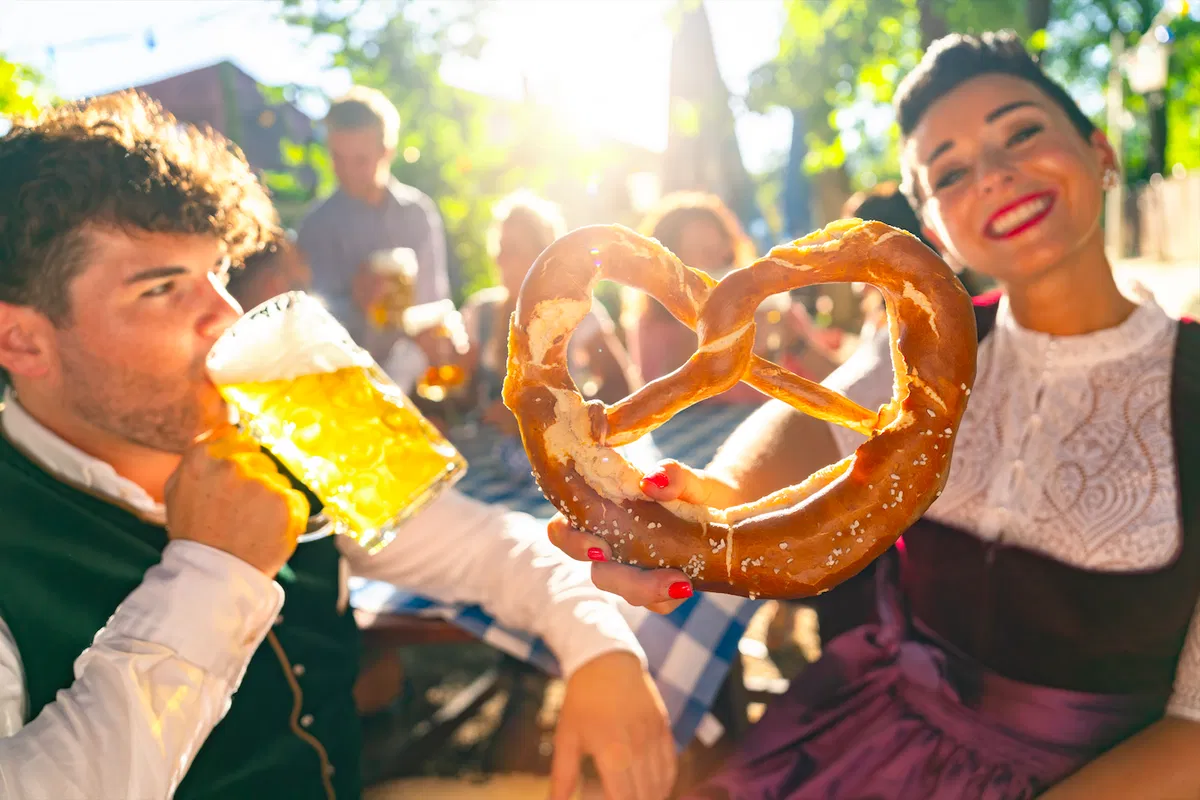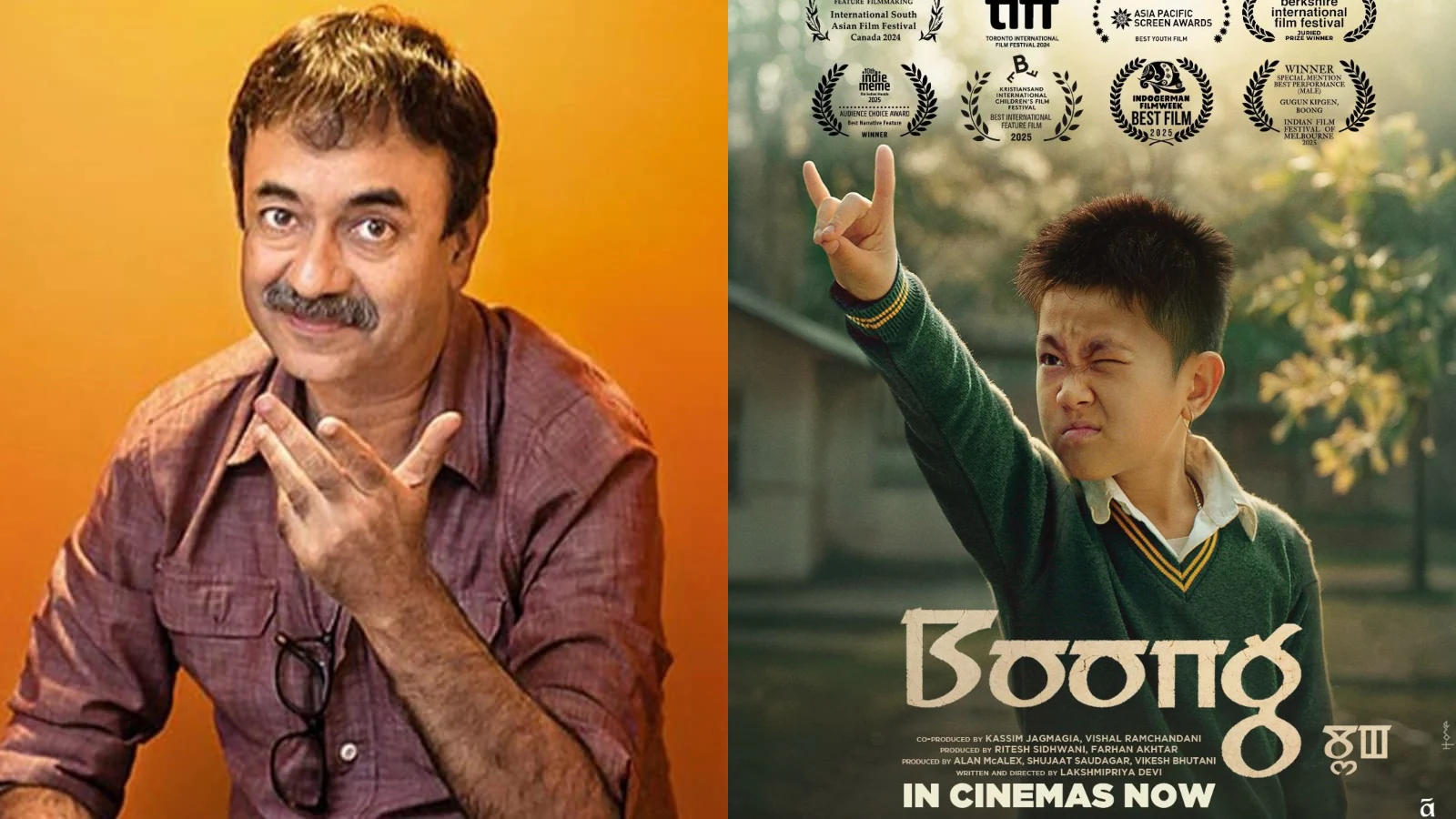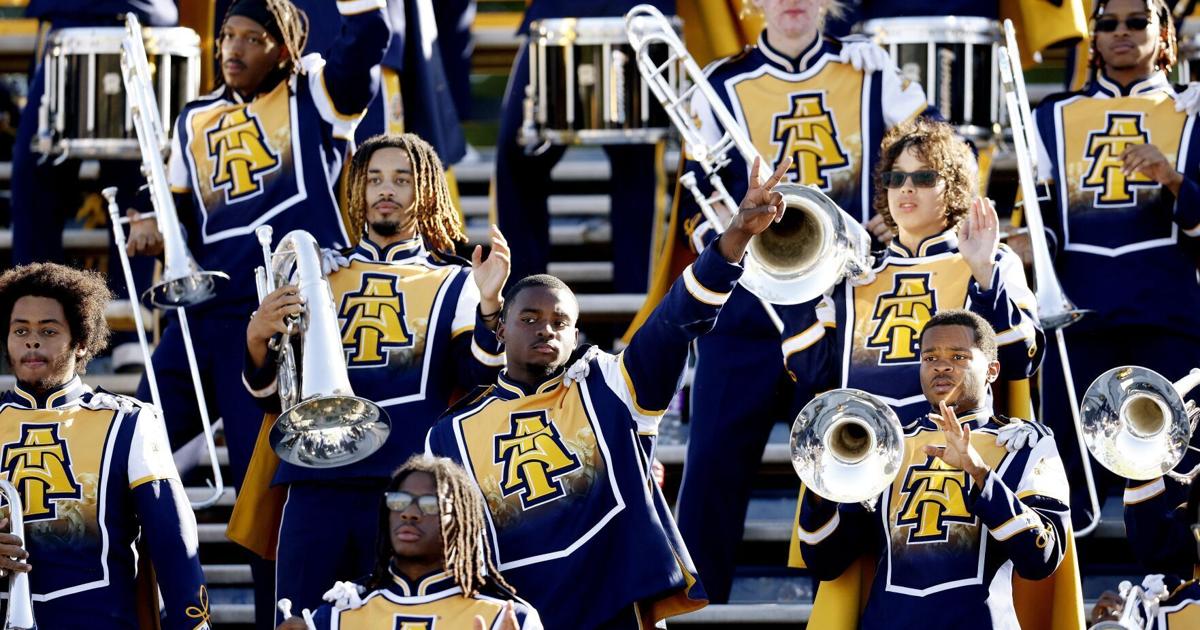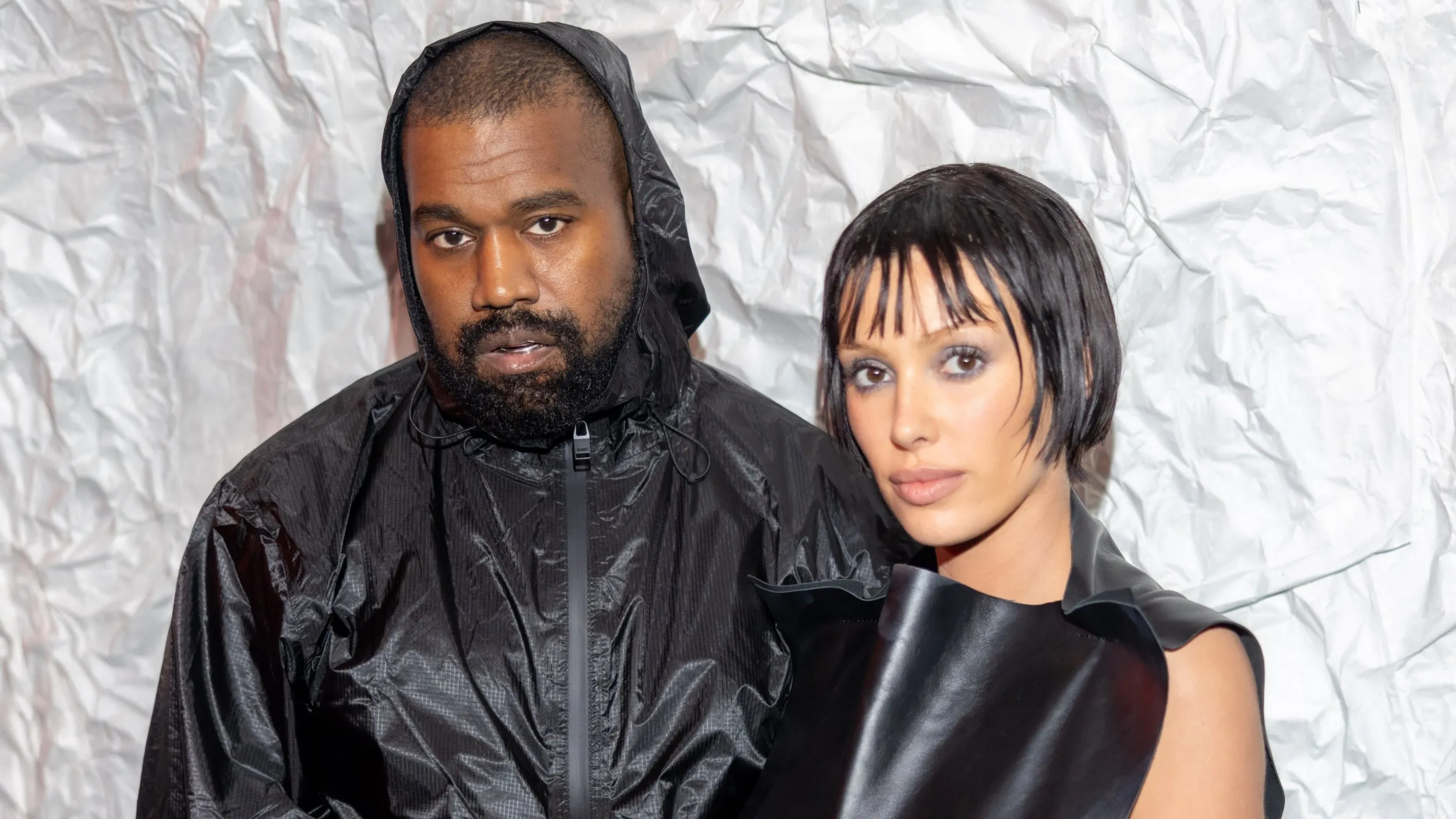By Molly Grace
Copyright euroweeklynews

Every autumn, millions of people from around the world descend on Munich to experience Oktoberfest, the world’s largest folk festival. Known for its lively atmosphere, traditional Bavarian attire, and, of course, beer, the festival runs from late September to the first weekend in October, attracting both locals and international visitors eager to partake in the centuries-old celebration.
The Origins and Traditions of Oktoberfest
The origins of Oktoberfest date back to 1810, when Crown Prince Ludwig (later King Ludwig I), married Princess Therese of Saxe-Hildburghausen. To mark the occasion, the citizens of Munich were invited to join in the celebrations, which included horse races, music, and public festivities. The event was so popular that it became an annual tradition, gradually evolving into a large-scale festival. Over the years, the festival expanded to include amusement rides, games, and beer tents, becoming a cornerstone of Bavarian culture.
Today, Oktoberfest is a celebration of more than just its historic beginnings. It highlights Bavarian food, music, and community spirit, with visitors enjoying everything from traditional folk dances to hearty meals. The festival grounds, known as the Theresienwiese, host dozens of beer tents, each operated by Munich’s largest breweries. Specially brewed Oktoberfest beer is served in litre-sized steins, providing a quintessential taste of the region. While beer has become the most recognised aspect of the festival, the event also emphasises cultural heritage and local traditions.
Food is a central part of the experience. Visitors can sample classic Bavarian dishes such as pretzels, sausages, roast chicken, and pork knuckles with roast vegetables, often paired with local beers. Sweet treats, including gingerbread hearts and strudel, are also popular, particularly among families visiting the festival. The combination of rich flavours and festive drinks creates an atmosphere that is both celebratory and communal. Music and entertainment play a vital role in the Oktoberfest experience. Traditional folk bands perform in the beer tents, while parades and dancing showcase Bavaria’s vibrant cultural traditions. Carnival rides and games add a family-friendly element, ensuring the festival appeals to all ages. The mix of music, food, and entertainment fosters a sense of community, drawing visitors together in shared enjoyment.
Oktoberfest in Spain: Cities and Events to Visit
In recent years, the spirit of Oktoberfest has spread beyond Germany, including to Spain. Major cities and towns now host their own versions of the festival, often in large halls, public squares, or outdoor venues. These events combine the traditional elements of the German festival, beer tents, Bavarian music, and traditional food, with a local twist.
Key celebrations in Spain for 2025 include:
Barcelona – Oktoberfest Barcelona (October 2–19): Located at Plaça de l’Univers, Fira Barcelona Montjuïc, the event offers German beers from over seven breweries, Bavarian food, live music, and cultural performances. Free entry is provided, although reservations are recommended.
Calella – Oktoberfest Calella (Barcelona) (October 10–19): This longstanding festival in Calella features traditional Bavarian music, authentic German cuisine, and a lively atmosphere. The event is free to attend, with food and drink available for purchase.
La Nucía (Valencia) – Oktoberfest La Nucía (October 2–12): Held at the Camilo Cano Olympic Stadium, this festival offers live music, German food, and a festive environment. Entry is free, with reservations recommended for groups.
Chiclana de la Frontera (Cadíz) – Bubble Burguer Oktoberfest (October 10–19): Bubble Burguer is German owned and hosts a family-friendly Oktoberfest with German beer, traditional Bavarian dishes, BBQ, live music, and interactive activities. Entry is free, with food and drink available for purchase.
These celebrations emphasise authenticity, often in partnership with German breweries, and provide opportunities for locals and tourists to experience Bavarian culture without travelling to Munich. Attendees can dress in traditional Dirndl and Lederhosen, take part in contests, and enjoy themed performances, making each event a fully immersive cultural experience.
Oktoberfest’s enduring appeal lies in its combination of history, culture, and community spirit. From its beginnings as a royal wedding celebration over 200 years ago to the modern international phenomenon it has become, the festival continues to bring people together in a joyful and inclusive atmosphere. Whether in Munich, Barcelona, Calella, La Nucía, or Chiclana, visitors participate in a celebration that honours Bavarian heritage while creating lasting memories. As the world prepares for another Oktoberfest season, it is clear that the festival is about more than beer: it is a vibrant tribute to tradition, togetherness, and cultural exchange, now enjoyed by millions across Germany, Spain, and beyond.



